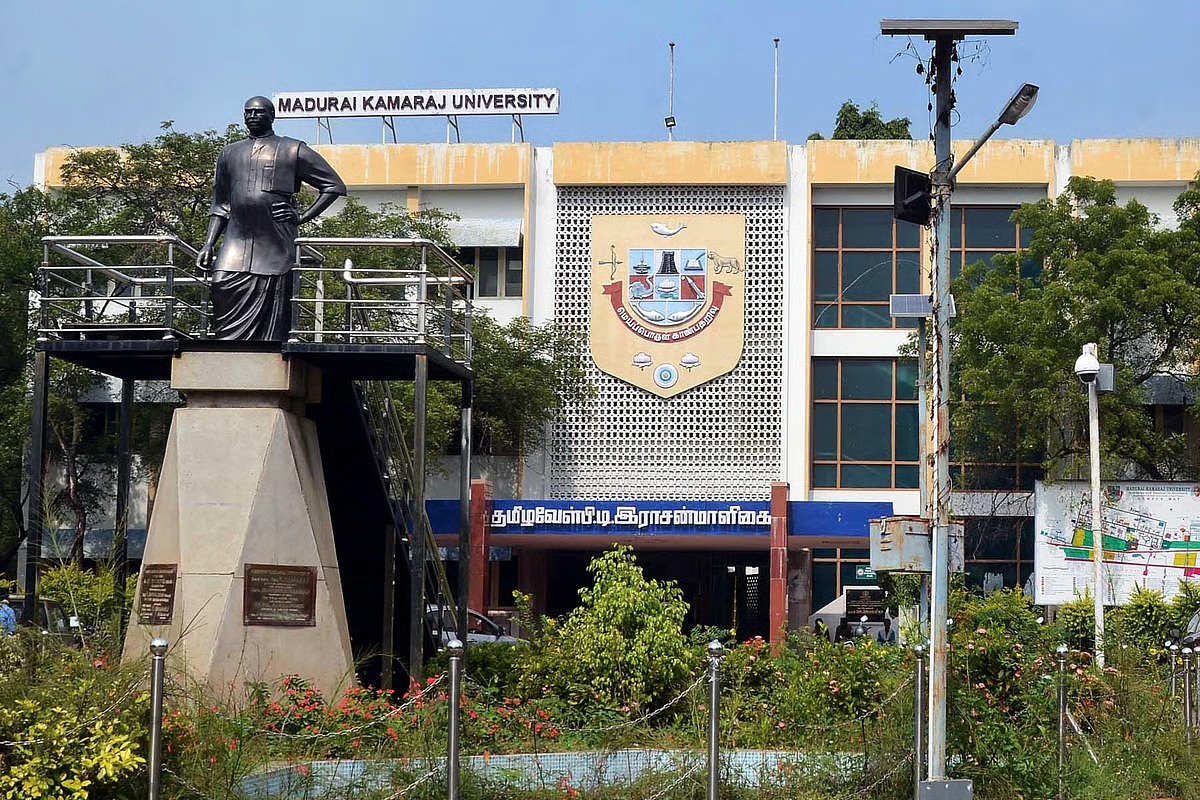@JUDGMENTTAG-ORDER
1. The detention order has been admittedly passed by the District Magistrate, Giridih, but the counter-affidavit, despite opportunity granted, has not been filed by the District Magistrate i.e., the Detaining Authority, but by one Sri Awadhesh Kumar Pandey who is the Circle Officer, Giridih Sadar.
2. In paragraph 11 of the writ application, the specific allegation or the petitioner is that the detention order has been passed with total non-application of mind. Paragraph 11 of the writ application reads thus :--
"11. That there has been non-application of mind by respondent No. 2 in ordering detention pf this petitioner."
Paragraph 11 of the writ application has been replied by the aforesaid Circle Officer in paragraph 9 of his counter- affidavit. Paragraph 9 of the counter-affidavit reads thus :--
"9. That with regard to the statement made in para 11 of the writ application, it is stated that the same are wrong and hereby denied. It is further stated that the order of detention passed by the answering respondent is not arbitrary or illegal rather it is quite legal and justified. The answering respondent was fully satisfied on the materials available on record while passing the order of detention against the petitioner to safeguard the law and order problem and the petitioner can be brought under the ambit of anti-social element. The grounds were such that there were imminent danger to the society at the hands of the petitioner. The detention order is not violative of Article 21 of the Constitution of India."
3. As already mentioned above, the Detaining Authority has not filed his counter-affidavit. Whenever in a Preventive Detention case, there is an allegation that the detention order has been passed without the requisite application of mind by the Detaining Authority, the mandatory requirement of law is that the Detaining Authority has to file his personal affidavit. Article 21 of the Constitution of India clearly lays down that no person shall be deprived of his life or personal liberty except according to procedure established by law. Article 22 of the Constitution of India dealing with arrest and detention in certain specified types of cases clearly lays down, suggests and prescribes certain safeguards and protections with respect to a person with respect to his detention under the preventive detention law.
4. The petitioner in this case has been detained u/s 12(2) of the Bihar Control of Crimes Act, 1981. In such a situation, therefore, the only established procedure to rebut and refute the allegation of issuing the detention order without application of mind, was the filing of a counter affidavit by the Detaining authority but for totally unexplained reasons, the Detaining Authority has chosen not to file his counter affidavit and in his place, the counter affidavit has been filed by the Circle Officer which cannot be substituted for the Detaining Authority. We are specifically saying so because in paragraph 9 of the counter affidavit filed by the Circle Officer, he has mentioned that :
"the answering respondent was fully satisfied on the material available on record while passing the order of detention against the petitioner to safeguard the law and order problem and the petitioner can be brought under the ambit of anti-social element."
5. There is thus clear and patent illegality, apparent on the very face of the record, inasmuch as Shri Awadhesh Kumar Pandey, the Circle Officer, Giridih Sadar, in his affidavit says that he, i.e., Shri Awadhesh Kumar Pandey was fully satisfied about the reasons and ''the grounds for the detention of the petitioner, whereas, under the law the satisfaction had to be of the Detaining Authority, in the present case, the District Magistrate, Giridih. The subjective satisfaction of the Detaining Authority not thus having been arrived at or recorded, as the aforesaid affidavit of Shri Awadhesh Kumar Pandey, clearly suggests, the detention order was patently unconstitutional and illegal.
6. The aforesaid reasons, grounds and circumstances, thus, clearly point out and suggest that Article 22 of the Constitution of India was violated in the Issuance of the aforesaid detention order.
7. Sub-section (1) of Section 12 of the Bihar Control of Crimes Act, 1981, clearly lays down that the State Government has the preliminary and fundamental power to detain someone under the Act. Sub-section (2) of Section 12 of the Act, however, provides that the State Government may delegate such power of detention to the District Magistrate based on the circumstances mentioned therein. The District Magistrate, thus, being a delegatee of State Government in terms of Sub-section (2) of Section 12, has been conferred the power, jurisdiction and authority to detain someone on the basis of material available to him, but, by recording his satisfaction. The ''satisfaction'' of the Detaining Authority cannot be substituted by the satisfaction of someone else, specially when, in view of the settled law, under Article 22 of the Constitution of India, such type of satisfaction is mostly subjective. Subjective satisfaction, therefore, can, under no circumstance, be allowed to be substituted by anyone else except the very person authorised by law to exercise the same and based on that to Issue the detention order.
8. What, therefore, emerges is that the detention order in the present case is violative of both Article 22 of the Constitution of India and Section 12 of the Bihar Control of Crimes Act, 1981.
9. For the reasons aforesaid, we allow this application, quash and set aside the detention order and direct the respondents by issuance of a writ of mandamus to immediately and forthwith release the petitioner from detention.
10. Since the petitioner was arrested, detained and kept in custody on the basis of the aforesaid unconstitutional and illegal order of detention and since the petitioner has been illegally incarcerated, he is required to be compensated. While, therefore, dismissing the petition, we award costs of Rs. 10,000/- (Rupees ten thousand) in favour of the petitioner and direct the respondents to pay this amount to the petitioner forthwith and immediately.
11. Writ petition dismissed.

